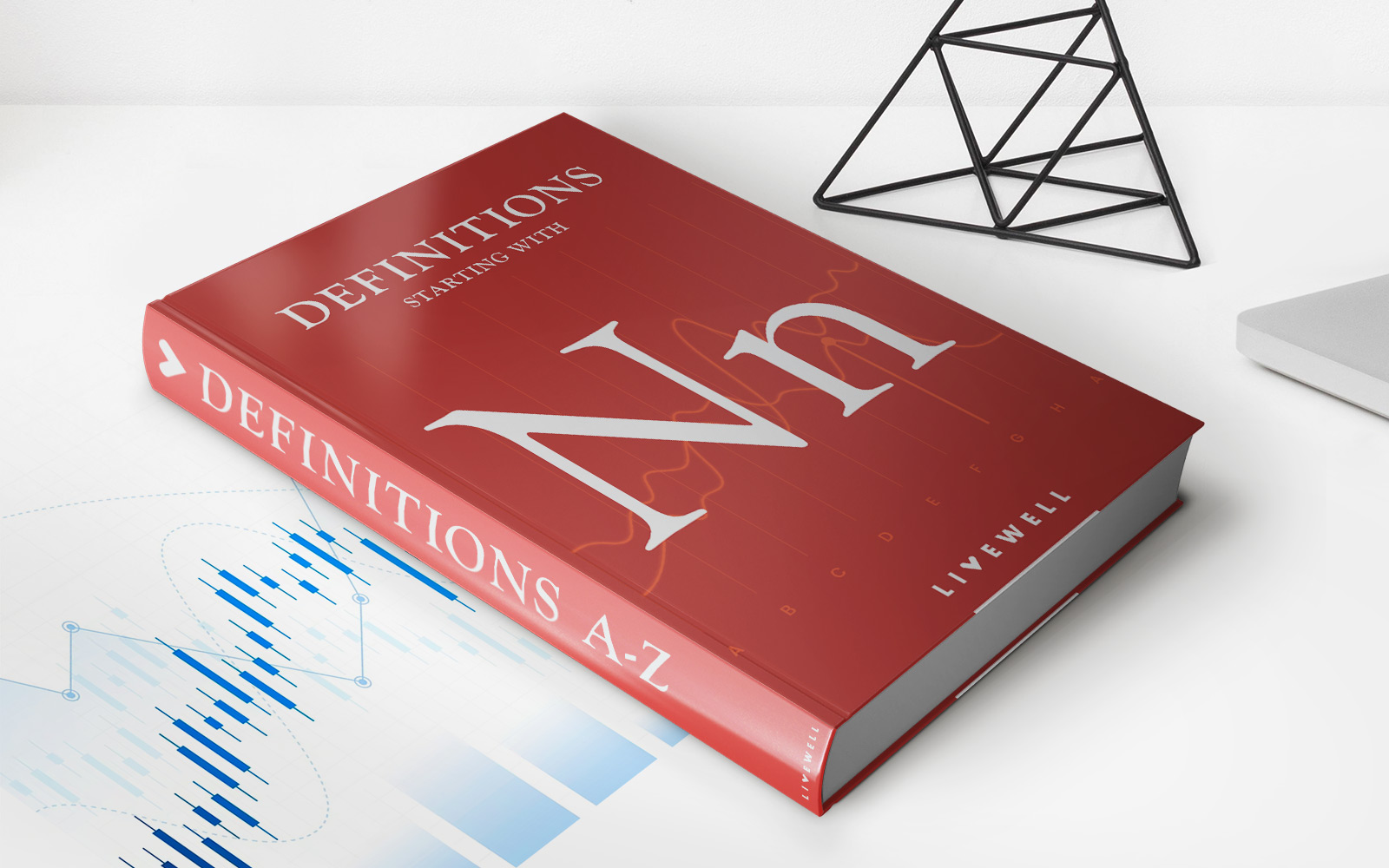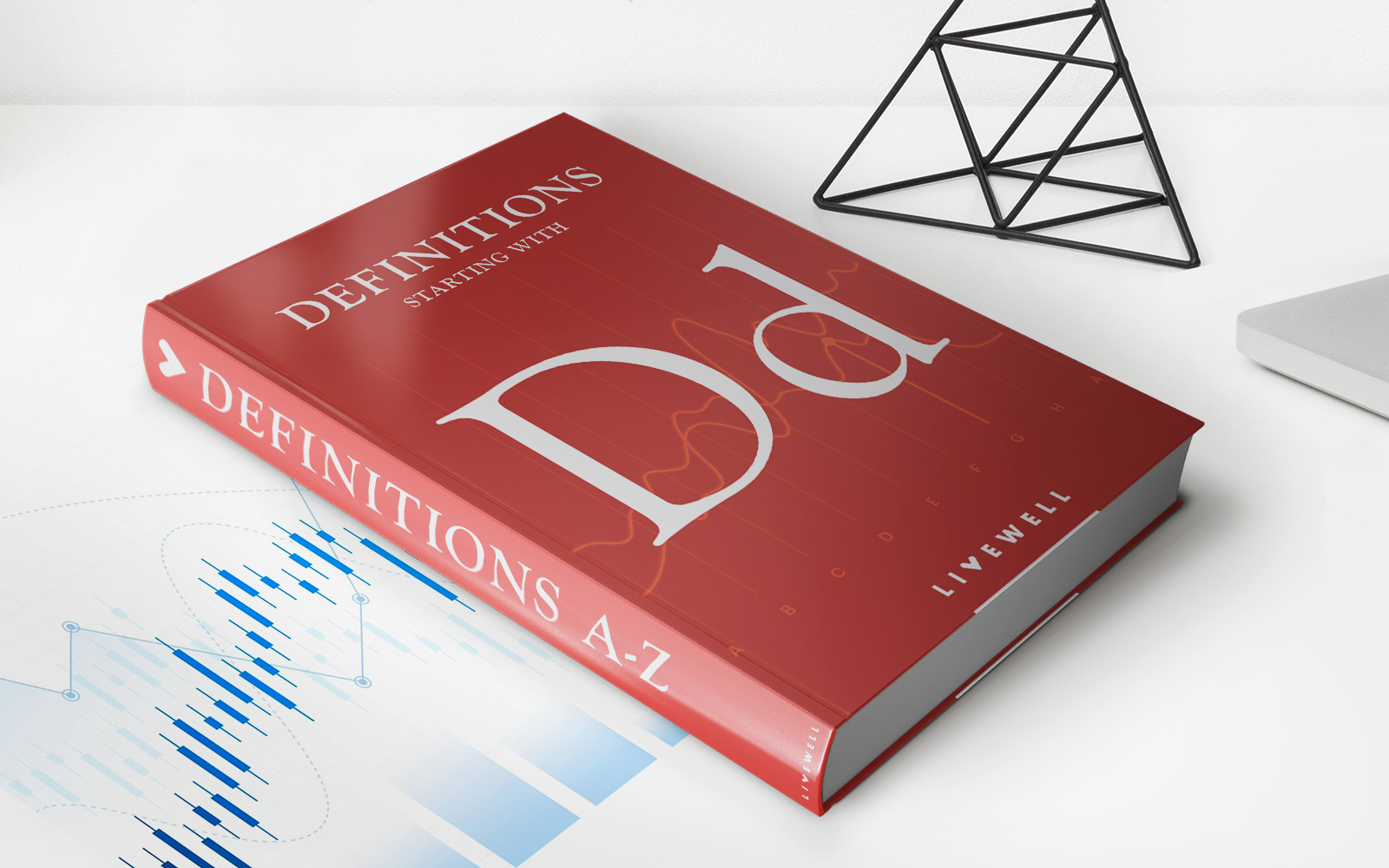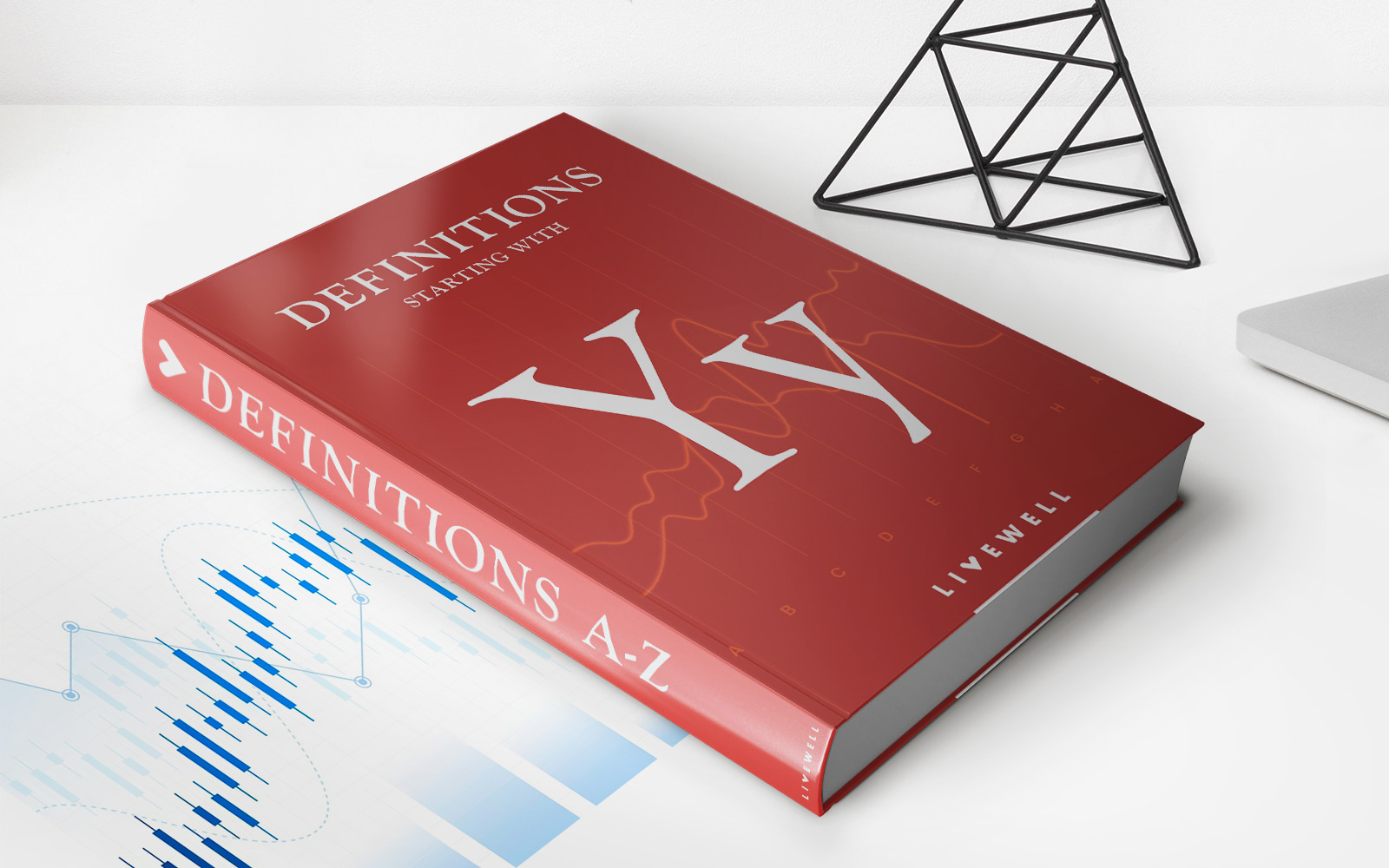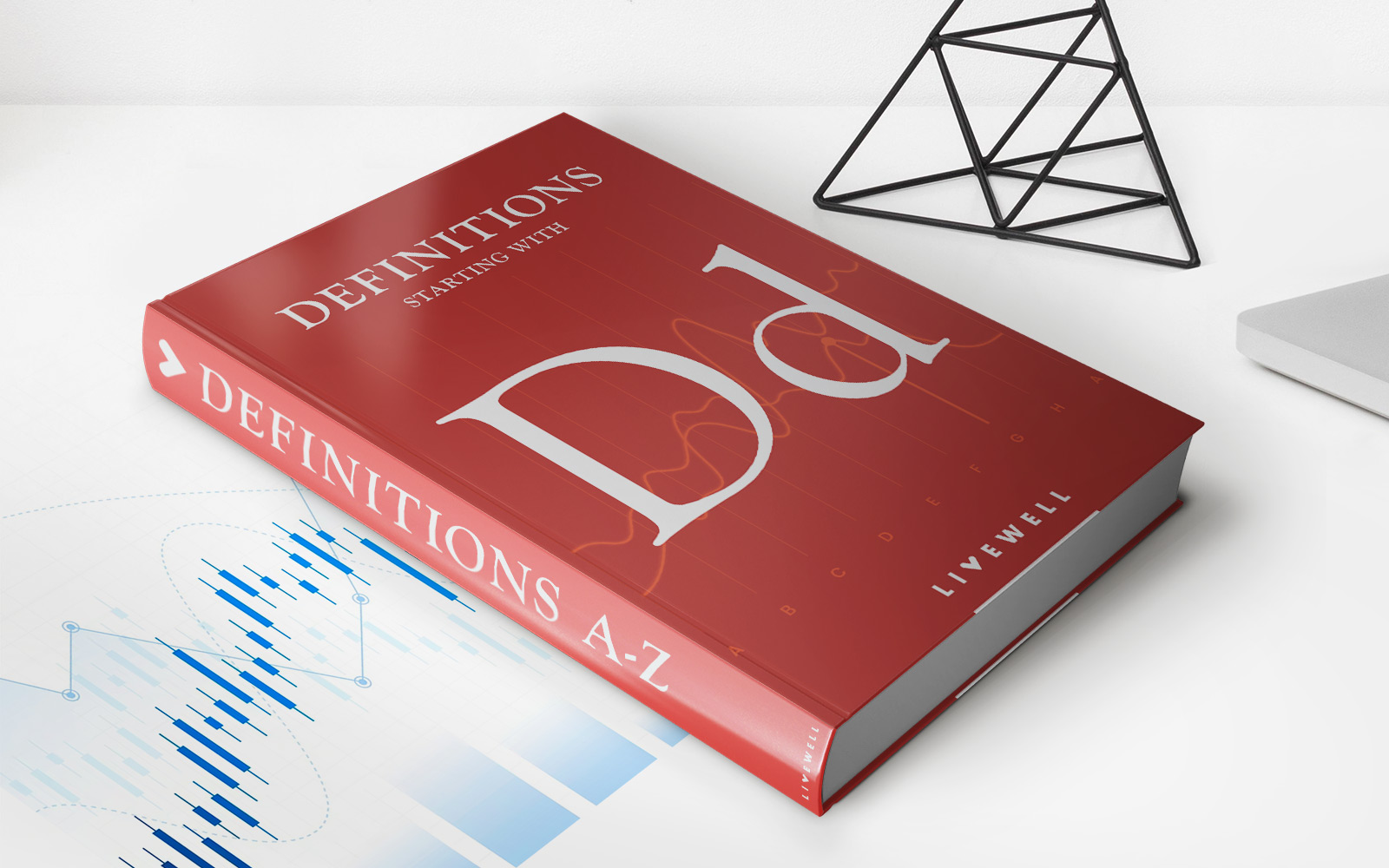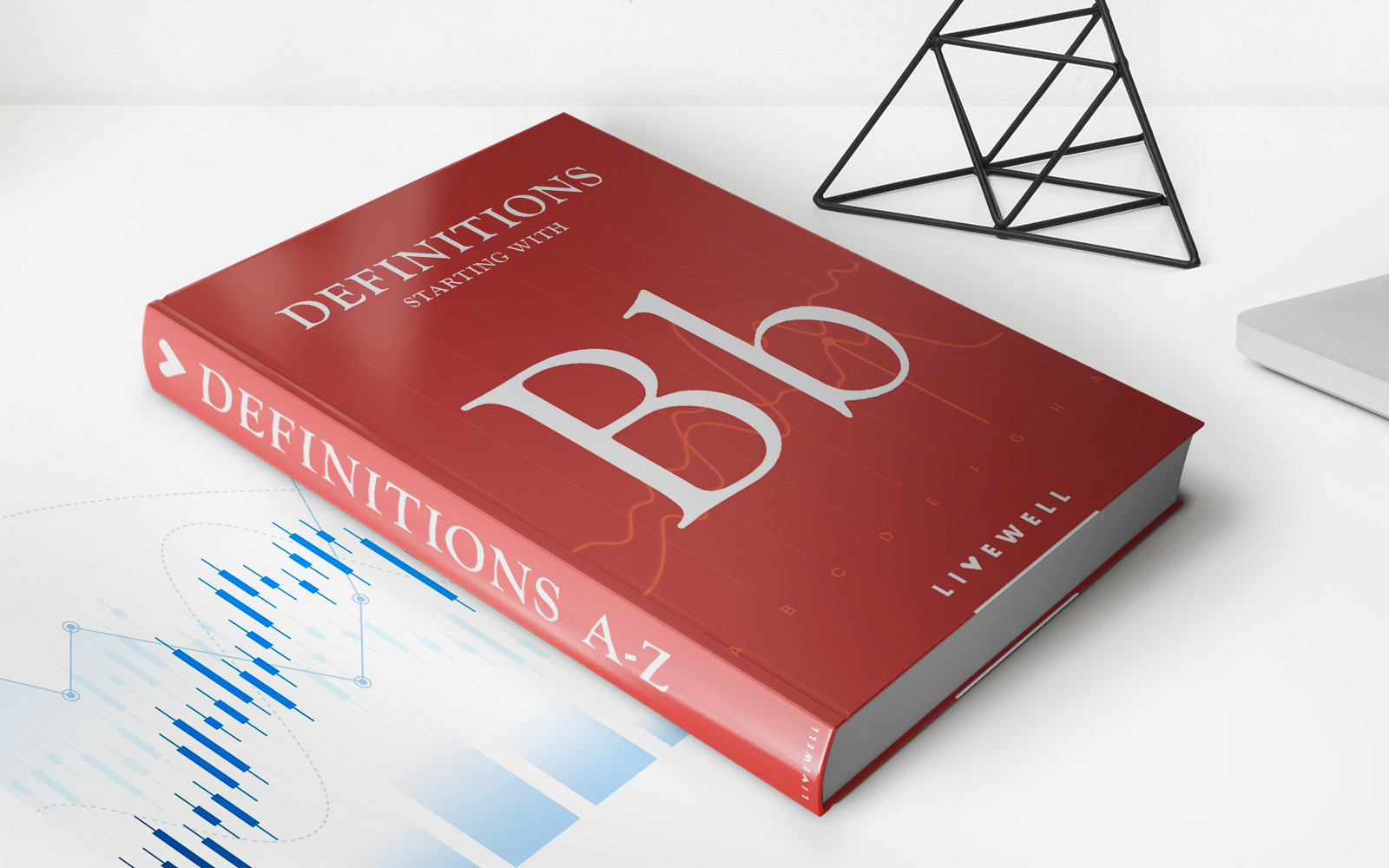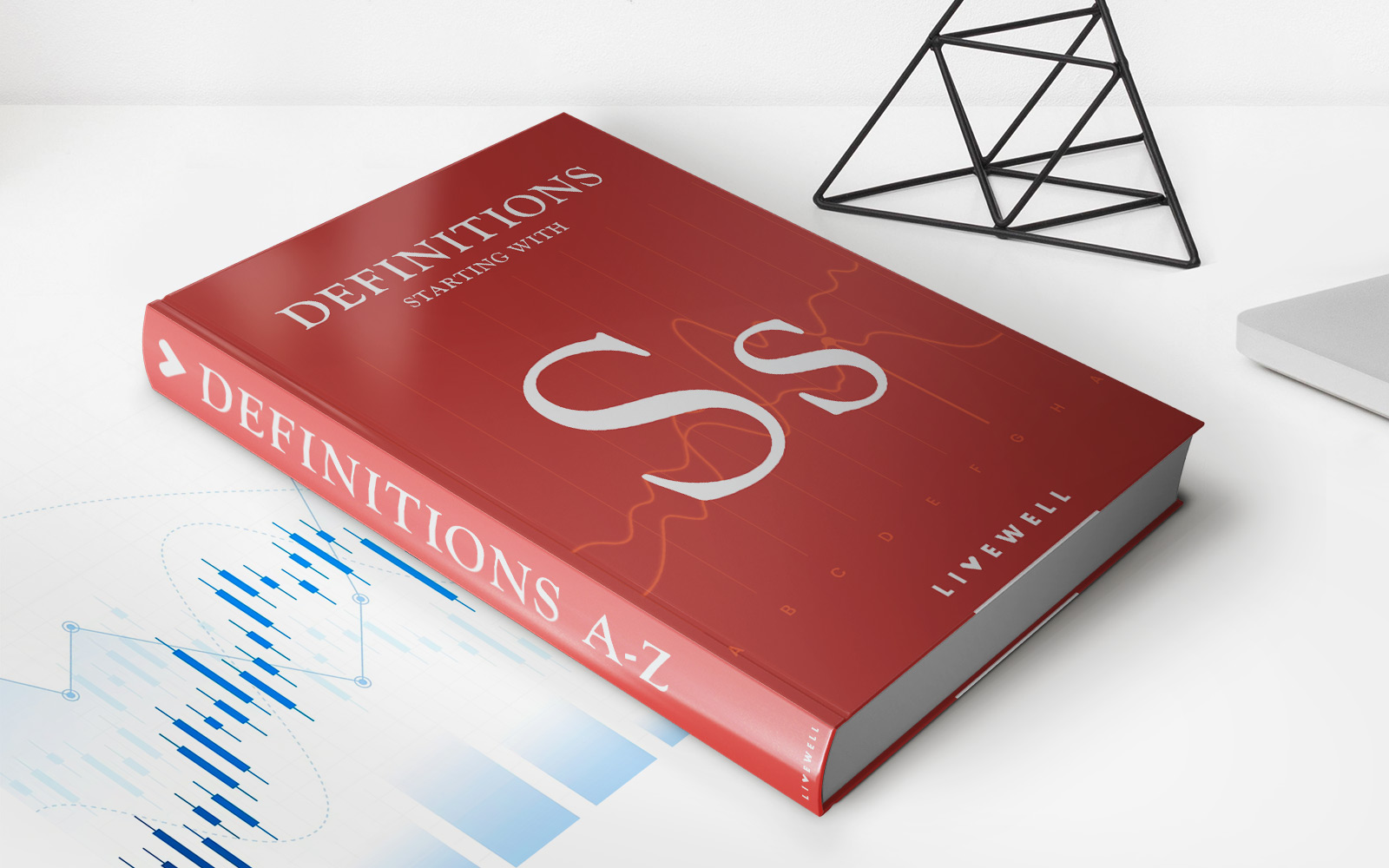

Finance
Intermarket Spread Definition
Published: December 11, 2023
Learn the definition of the intermarket spread in the field of finance. Explore its significance and how it impacts investment strategies.
(Many of the links in this article redirect to a specific reviewed product. Your purchase of these products through affiliate links helps to generate commission for LiveWell, at no extra cost. Learn more)
Understanding Intermarket Spreads: A Guide for Financial Enthusiasts
Welcome to the world of intermarket spreads! If you’ve ever wondered what an intermarket spread is and how it can be used in the financial markets, you’ve come to the right place. In this article, we will delve into the definition of intermarket spreads and explore their significance in trading. So, let’s dive in!
Key Takeaways
- An intermarket spread refers to the difference in price between related assets or securities across different markets.
- Intermarket spreads can be used by traders and investors to identify potential trading opportunities, manage risk, and exploit market inefficiencies.
What is an Intermarket Spread?
An intermarket spread is a term used to describe the difference in price between related assets or securities across different markets. These spreads are typically measured as the price differential between two related financial instruments, such as futures contracts, options, or exchange-traded funds (ETFs).
Intermarket spreads reflect the market’s perception of the relative value between two or more instruments. This perception is influenced by various factors, including supply and demand dynamics, macroeconomic conditions, and investor sentiment. By analyzing intermarket spreads, traders and investors can gain insights into the relationships between different asset classes and potentially identify profitable trading opportunities.
How are Intermarket Spreads Used?
The use of intermarket spreads in trading strategies can help manage risk, exploit pricing disparities, and optimize investment returns. Here are some common ways intermarket spreads are utilized:
- Arbitrage: Traders may attempt to profit from intermarket spreads by simultaneously buying and selling related assets in different markets. By exploiting temporary price discrepancies, traders can lock in risk-free profits.
- Relative Value Trading: Intermarket spreads can be used to compare the value of related assets within the same market. This approach involves identifying assets that are relatively overvalued or undervalued compared to their counterparts and taking positions accordingly.
- Risk Management: Intermarket spreads can help traders and investors manage risk by hedging their exposure to specific markets or asset classes. For example, a trader who is long on a particular stock might buy a put option on a related stock index to mitigate downside risk.
It’s worth mentioning that intermarket spreads are not limited to a single trading strategy or asset class. They can be used across various markets, including stocks, bonds, commodities, and currencies, offering traders a wide range of opportunities to explore.
In Conclusion
Intermarket spreads play a pivotal role in the world of finance. They provide valuable insights into pricing relationships between related assets across different markets, empowering traders to identify profitable trading opportunities and manage risk effectively. Whether you are an experienced trader or a curious investor, understanding intermarket spreads is a valuable tool to have in your financial arsenal.

